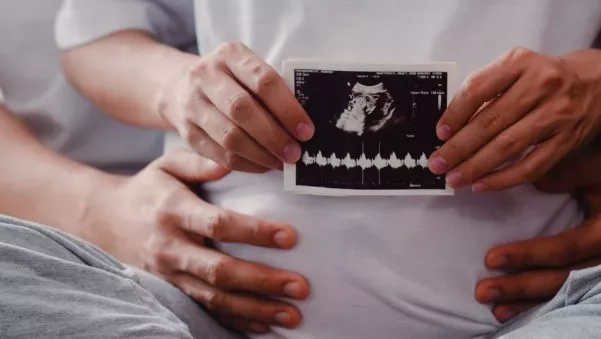The gift of life
By Dr. Choo Wan Ling
Consultant, Obstetrician & Gynaecologist
MBBS (Singapore), M.Med (O&G), FAMS

From conceiving to delivering
Having a baby is truly remarkable. From mutual love that creates new life, to the very first kick in your belly, and ultimately to the climacteric birth of your baby, the journey is nothing short of a miracle. While your joy is immense, it is only natural to have concerns at any point during this life-changing experience. For instance, you may be anxious to conceive or be apprehensive about childbirth.

Difficulty in conceiving: are there simpler treatments before in-vitro fertilization (IVF)?
As a woman ages, her chances of conceiving are slimmer, particularly above the age of 35.
For women, the common causes of infertility include ovulation problems, blocked or unhealthy fallopian tubes, and endometriosis.
For men, problems with hormones and genes, heavy smoking, varicocele, and infections can all cause sperm to be missing, too few, or not work right.
Treatment would involve resolving the abnormalities and individualising therapies to obtain the simplest, cheapest, and safest modality with reasonable success.
Options would include:
- Better understanding of the fertile period
- Knowledge and timing of the fertile period is essential, coupled with frequent sexual intercourse. Timed sex with ovulation – predicted from urine tests and a good menstrual calendar – may improve conception rates.
- Treating underlying hormonal disorders
- 80-90% of women achieve ovulation once hormonal abnormalities are corrected, increasing the chance of conception
- This can be achieved with fertility drugs ranging from oral medications to injections to boost ovulation.
- Intrauterine insemination
- Chances of conception can be further improved with intrauterine insemination in cases where there is mild sperm defect. This is a simple procedure where washed sperms are flushed into the womb at the time of ovulation.
- Corrective surgery
- Depending on the damage to the fallopian tubes, tubal surgery may be helpful. Success of pregnancy following tubal surgery is variable. Compared to IVF, surgery is a one time treatment with a higher potential for long term fertility. Surgery in endometriosis improves fertility rates but not back to normal levels.
- IVF
- Simpler options should be considered first before IVF but it may be needed for severely damaged fallopian tubes, significant endometriosis and considerable sperm abnormalities. Concerns surrounding IVF include cost, psychological, emotional and physical stress, higher risk of multiple pregnancies and premature birth.
Successful conception hinges on a myriad of factors concerning both partners. Do talk to a doctor if you and your partner have been having regular, frequent, unprotected sex for a year and still can't get pregnant.

Is my baby normal?
With increasing educational and socio-economic status, there is a trend towards deferred child bearing. The problems associated with late maternal pregnancy include maternal and fetal problems.
Firstly, there is an increased risk of miscarriage. There is also an increased risk of chromosomal abnormalities. The most common chromosomal abnormality is Down’s syndrome, which can be screened for in all pregnant women.
This screening test can be done between 11 and 13 weeks of pregnancy via a blood test and an ultrasound scan to measure the neck fold thickness and look for the nasal bone. It does not carry any risks to the fetus. This allows mothers the time to make an early choice about the pregnancy should an abnormality be detected. Confirmatory tests for Down’s syndrome include amniocentesis, which can be performed between 16 and 20 weeks of gestation, or chorionic villus sampling, which can be performed from the 11th week. Both confirmatory tests, however, are associated with a small risk of miscarriage.
Medical conditions like gestational diabetes and hypertension are more common in older mothers. Older mothers may also tend to have more problems in labour.
Even though having a baby when a mother is older poses more risks to the pregnancy, these risks can be managed by keeping a close eye on the mother during pregnancy and labor to reduce the chances of complications.
Recent Blog Posts
- 01 Aug 2025
- 02 Jun 2025
- 28 Mar 2025
- 10 Nov 2023
- 19 Oct 2022
